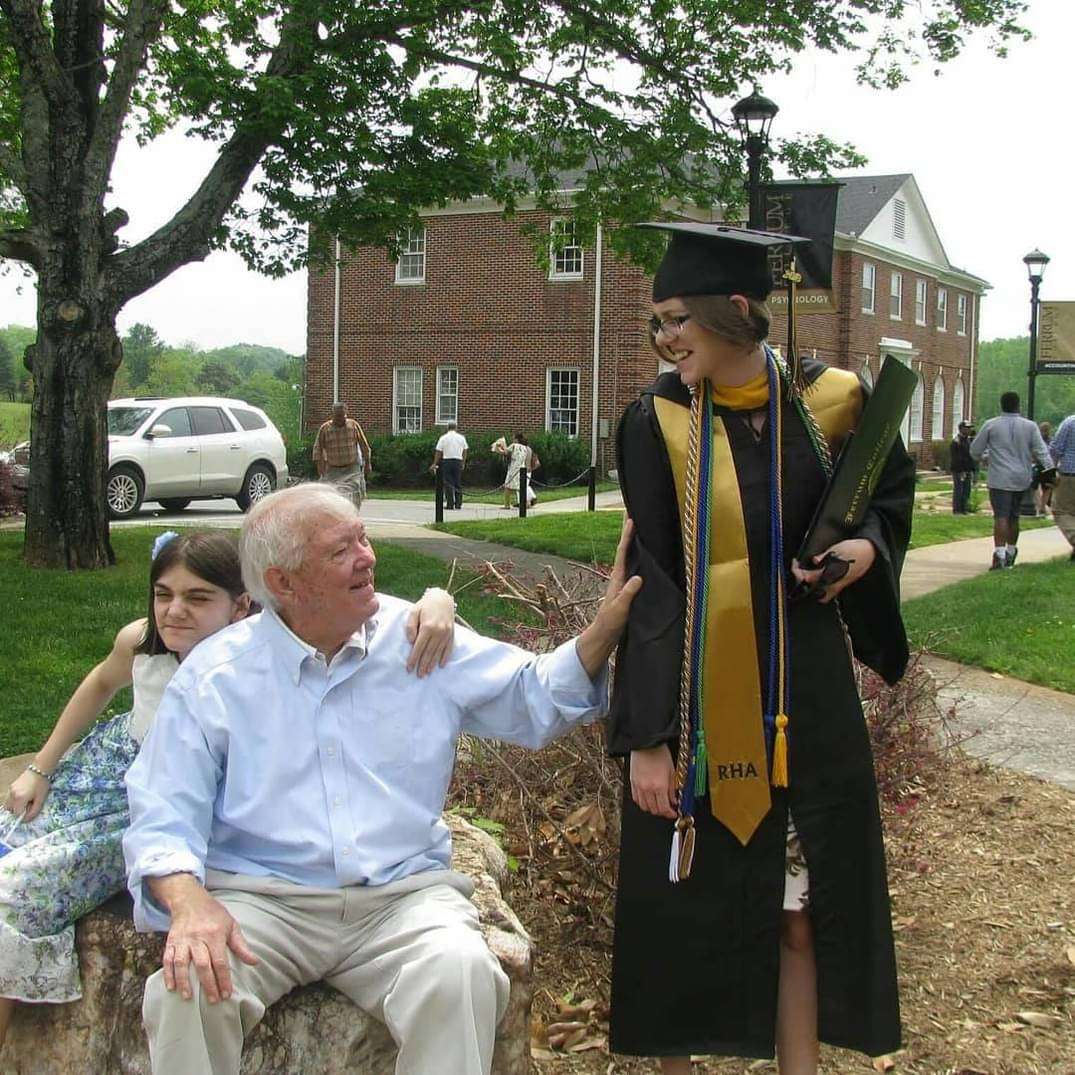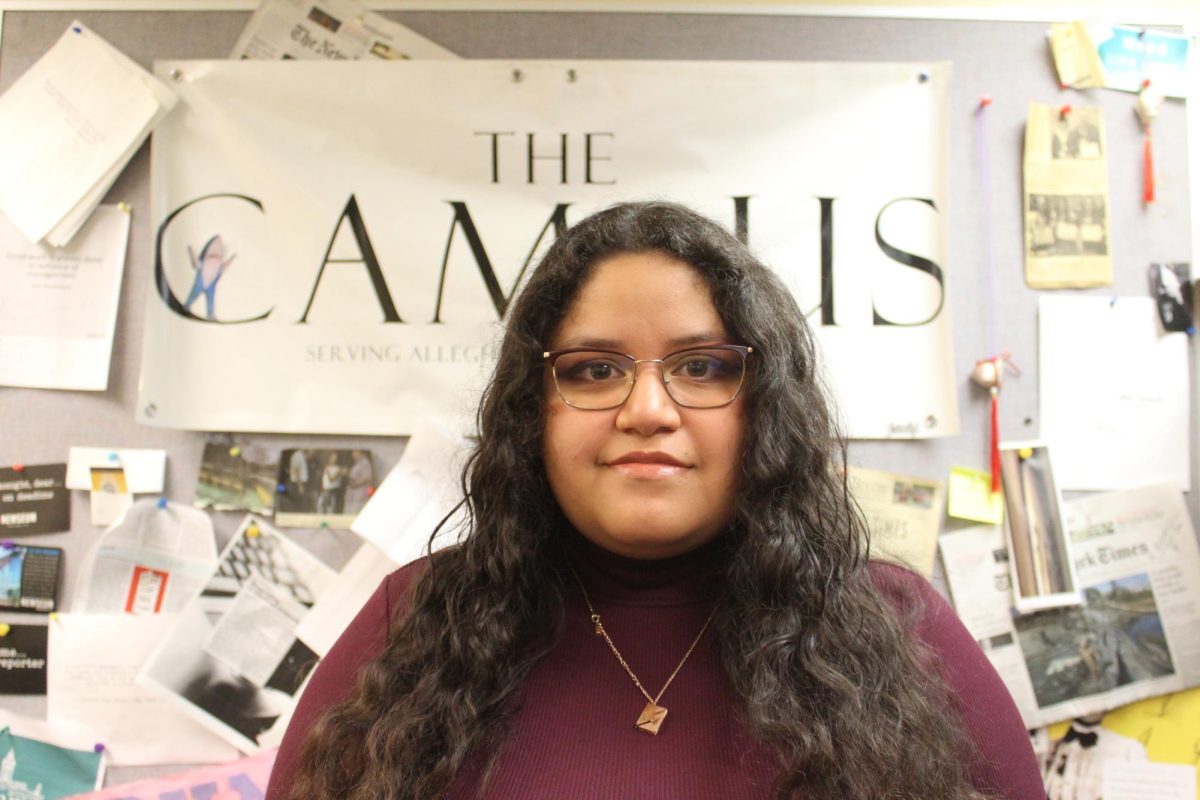By REEM ABOU ELENAIN
Copy Editor
When I was accepted into the Fulbright program, I had the opportunity to meet people from more than fifty countries around the world, who were also accepted to the same program. After exchanging names, we tell one another where we come from. Some people were from countries I’ve never heard about before. I often picked up my phone to look up where their countries are on a world map. Others are used to people not knowing their countries well and they automatically explain where it is in the world and tell me a bit about its history or what it’s famous for.
This has never happened to me. Everybody knows Egypt. I remember meeting a group of Chinese tourists in the United States who don’t speak English. We started communicating using gestures. When I said “Egypt”, they nodded and smiled. One of them raised his two hands joining his index fingers together and his thumbs together creating a triangle. This wasn’t the first time someone made this sign to me to indicate the Pyramids of Giza. I’ve met people who did not know what the word “Arabic” means, but even those people knew Egypt.
Egypt’s history goes back thousands of years. From the pharaohs to those who came after them and build cities and civilizations on top of the old ones. I’ve seen the remnants of this history while living in Alexandria, my hometown. This city has seen so many people and so much history that its ground can’t physically contain it anymore. Alexandrians often feel that the city has so much history that finding a place to live in without disturbing that history becomes a challenging task.
A few years ago there was a grand plan to widen the sea road in Alexandria. The plan went smoothly for most of the road, but work had to stop at certain areas because many statues were discovered while digging the foundations of the road. When exploring the area more thoroughly, three sphinxes were discovered underwater. Fixing pipes under the streets can take a few weeks instead of a couple of days because of the statues that are often discovered.
Similarly, digging deep foundations for high buildings may turn into an excavation mission when a number of ruins are found, and sometimes Roman cities or tombs get discovered buried underneath deep layers of sand. It’s common to find tall buildings in Alexandria standing next to ancient tombs or cities. There is even an ancient Roman Theater at the heart of downtown Alexandria.
When I came to the United States, I found a different kind of history. It’s amazing how people here turn something that I would never regard as “historical” into history. I’ve seen dolls put behind display glass, a museum for first lady dresses and I’ve even heard about a museum dedicated for ketchup. The Golden Gate Bridge in San Francisco that was built in 1937 is a big tourist attraction. This is beautiful, because people shouldn’t wait for something to be in the distant past in order to pay attention to it. It helps form the identity of a place.
This January, in Meadville, a building in Chestnut Street was burnt completely. That building was an icon to the city. It was eye catching, and its old design had an appealing look. It is gone now, and the option of rebuilding it again is not there. Other buildings have been torn down for multiple reasons in the last few years in Meadville and have been replaced by cheaply constructed buildings or even turned into parking lots.
This city has seen better days when it had many factories and industries. One shouldn’t cling to the past, but it shouldn’t be forgotten either. This city is changing as time elapses, and if its history is not recorded, this memory of what the city had been could be lost.
Douglas Sekerski brought this to my attention when I met him last Tuesday. He is a self-made Meadville historian, who took it upon himself to collect as much information as possible about Meadville. He collects old photos and talks to people of different ages to hear and document stories about Meadville. He has created a Facebook group called Meadville Memories, where he has many of pictures of Meadville uploaded, and encourages anyone from the community to contribute their stories about this city and add photos. His aim is to establish a website that he can upload all the information and pictures he has of Meadville on, and create a database for the public.
There is an Arabic saying that goes, “if you don’t have a past, you don’t have a present”. I find it true, because if the history of a certain area is not seen important then this area would be without an identity. Egypt is well known country for many reasons, but the first thing that comes to people’s mind when they think about it is its history.
On the other hand, people visiting Meadville from abroad would have no clue of its value or character if its history is not highlighted. In addition to that, spreading awareness about the historical significance of this city may change the course of how decisions about spaces abandoned by older buildings are made. Instead of thinking about building a parking lot as an option, they would maybe think that it is worthwhile to try to rebuild something that has a resemblance to the old buildings that were lost.





